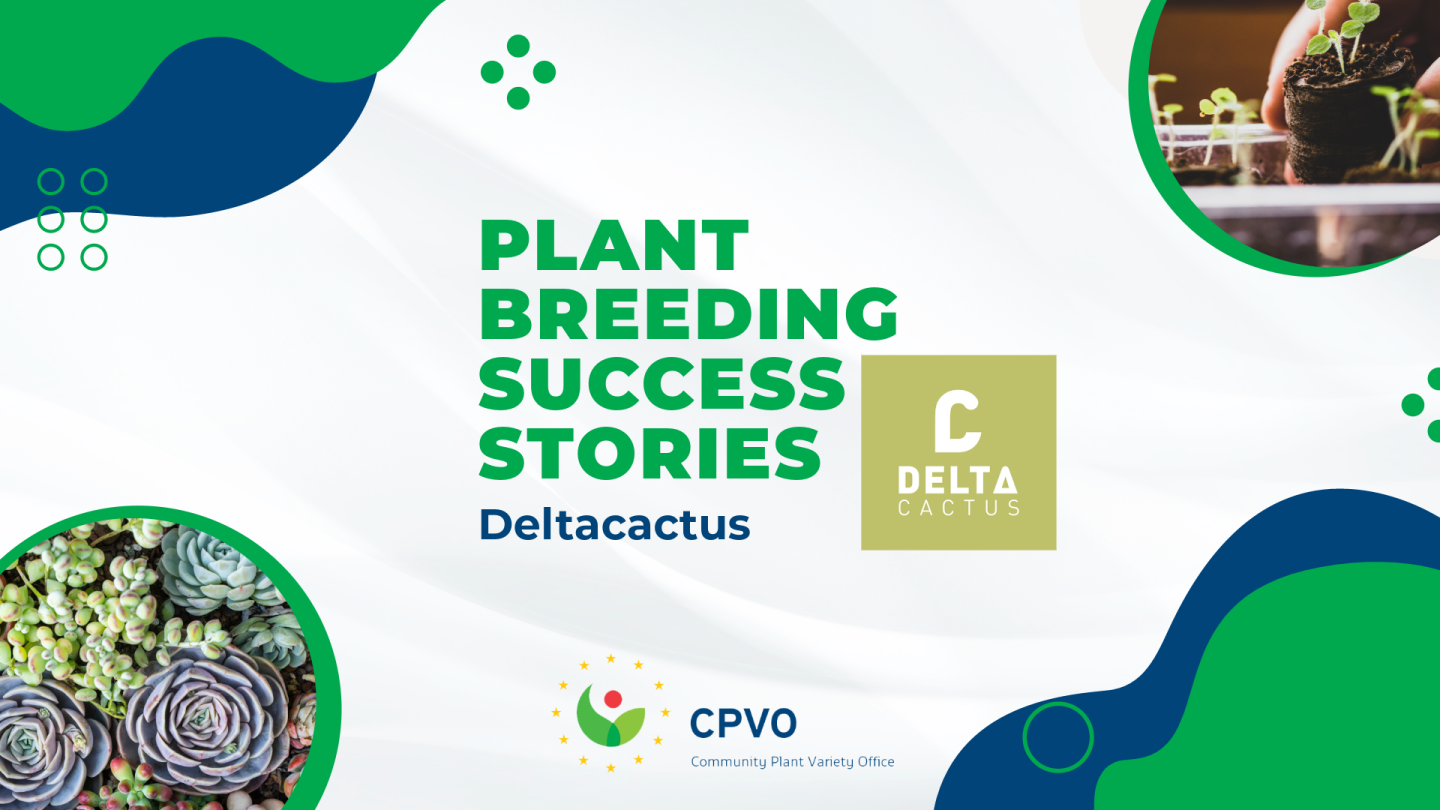
Here we are at the fourth article of our series dedicated to "Plant Breeding Success Stories." This time, we travel to Tarragona, Spain, home of Deltacactus. Boasting a production of eight million plants, with a focus on CAM plants, Deltacactus stands at the forefront of the succulent industry. Crassulacean acid metabolism, often referred to as CAM photosynthesis, represents a method of carbon fixation that developed in certain plants as a response to dry environments. This adaptation enables the plant to conduct photosynthesis during daylight while restricting gas exchange to nighttime.
At the heart of the succulent industry, this visionary company is redefining the cultivation of young plants through innovative practices aimed at tackling the pressing challenges of climate change.
In what ways is your organization taking proactive measures to adapt to the environmental challenges brought about by climate change?
Javier Andres Jimenez: I can proudly say Deltacactus is a green company from head to toe:
Water scarcity poses a significant challenge in our region (Tarragona, Spain), but our focus on CAM plants, which require a remarkable 80% less water for photosynthesis, coupled with rainwater harvesting and cutting-edge recirculation systems, we produce over 8 million plants without taking a single drop from the irrigation network.
Energy consumption is reduced to a minimum thanks to our state-of-the-art climate control software. Developed specifically for Deltacactus, this sophisticated software optimizes climate conditions passively, significantly reducing energy expenditure without the need for artificial lighting or intensive climatization. On top of that, we generate around 8% of our total energy expenditure.
In addition to energy efficiency, we prioritized environmental stewardship by transitioning to peat-free substrates and pioneering alternative planting systems to eliminate non-reusable plastics from its operations.
Can you elaborate on your perspective regarding the significance of biodiversity for the future of plant genetics? Additionally, how can the Community Plant Variety Office (CPVO) system play a role in safeguarding and promoting this biodiversity?
Javier Andres Jimenez: Biodiversity is essential for the future of plant genetics, and we recognize the role of the Community Plant Variety Office (CPVO) in safeguarding and promoting this diversity. By maintaining germplasm collections and reducing examination costs, the CPVO can facilitate innovation and increase biodiversity across Europe.
Could you provide insights into your experience with the plant variety protection (PVP) system? What were the key factors that influenced your decision to opt for this system?
Javier Andres Jimenez: Having our own specialties gives us a market advantage, not to mention some degree of prestige. Developing a new variety requires a massive investment, not only in terms of money, labour, and time, but also in knowledge. The PVP system has been instrumental to make these investments viable. Without PVP, innovation incentives would be gone, and development would stall.
What role does the plant variety protection (PVP) system play in your breeding programs, and how do you anticipate future challenges and opportunities in this regard?
Javier Andres Jimenez: The plant variety protection (PVP) system has been instrumental in our breeding programs, providing legal certainty and incentivizing innovation. However, regulatory changes are needed to unlock the full potential of modern breeding tools and ensure continued progress in the field.
Looking ahead, we anticipate challenges in protecting our varieties and opportunities in meeting consumer demand for novel products. The CPVO offers legal certainty and protection for our breeding programs, enabling us to focus on delivering innovative succulent varieties to the market.
What role does corporate social responsibility play in your organization's approach to plant variety protection and sustainability? Did you know that there is a mechanism, the SME Fund 2024, that grants 1500€ per SME like yourself, for online application and examination fees? Do you think this support can be helpful?
Javier Andres Jimenez: Corporate social responsibility is central to Deltacactus's ethos, with a focus on ethical breeding practices and environmental stewardship. The company welcomes support initiatives like the SME Fund 2024, which can further its mission while advancing its business objectives.
Deltacactus remains steadfast in its commitment to pioneering sustainable succulent production and shaping the future of plant breeding through innovation and responsible practices. As it continues to look forward to creating a greener, more resilient future for generations to come.
